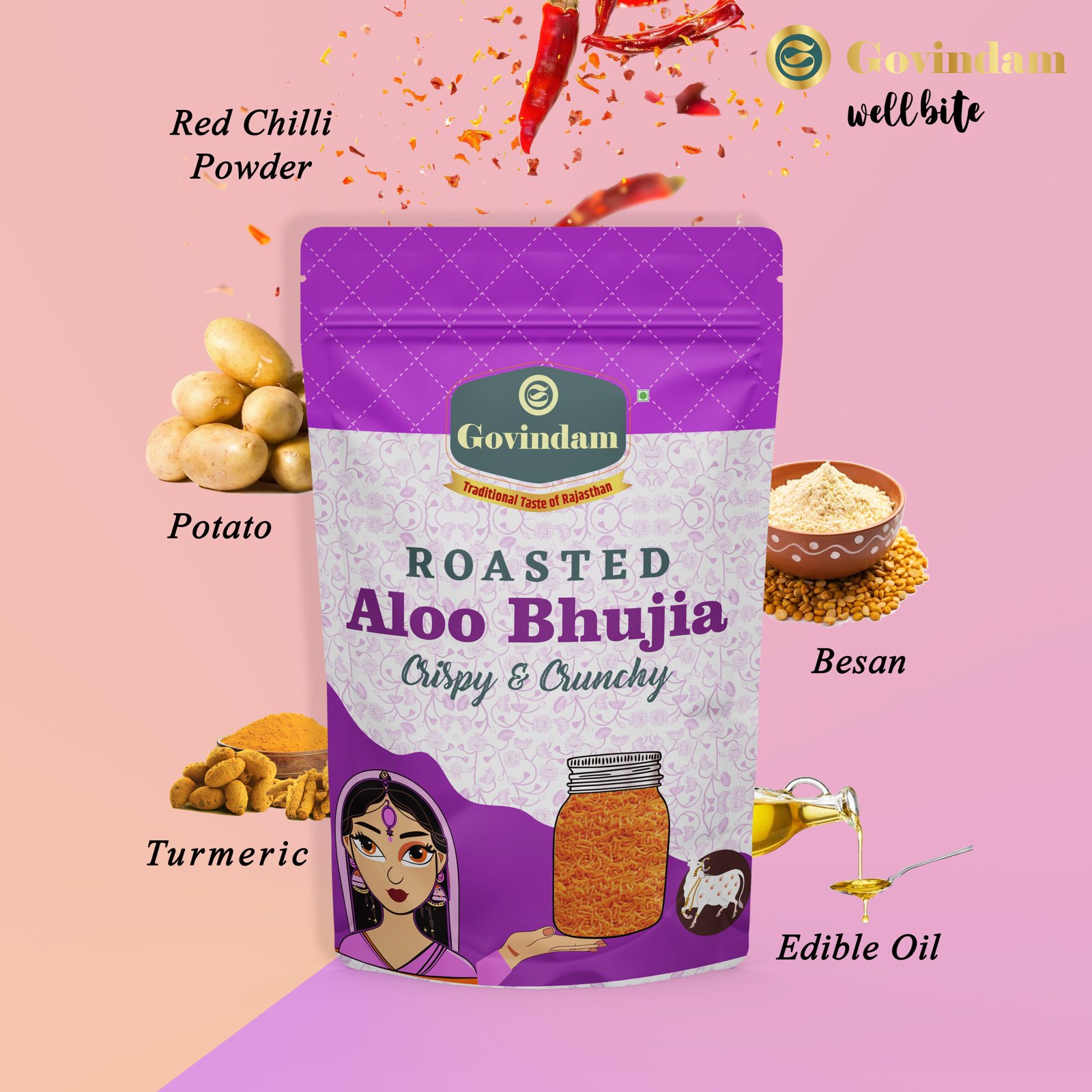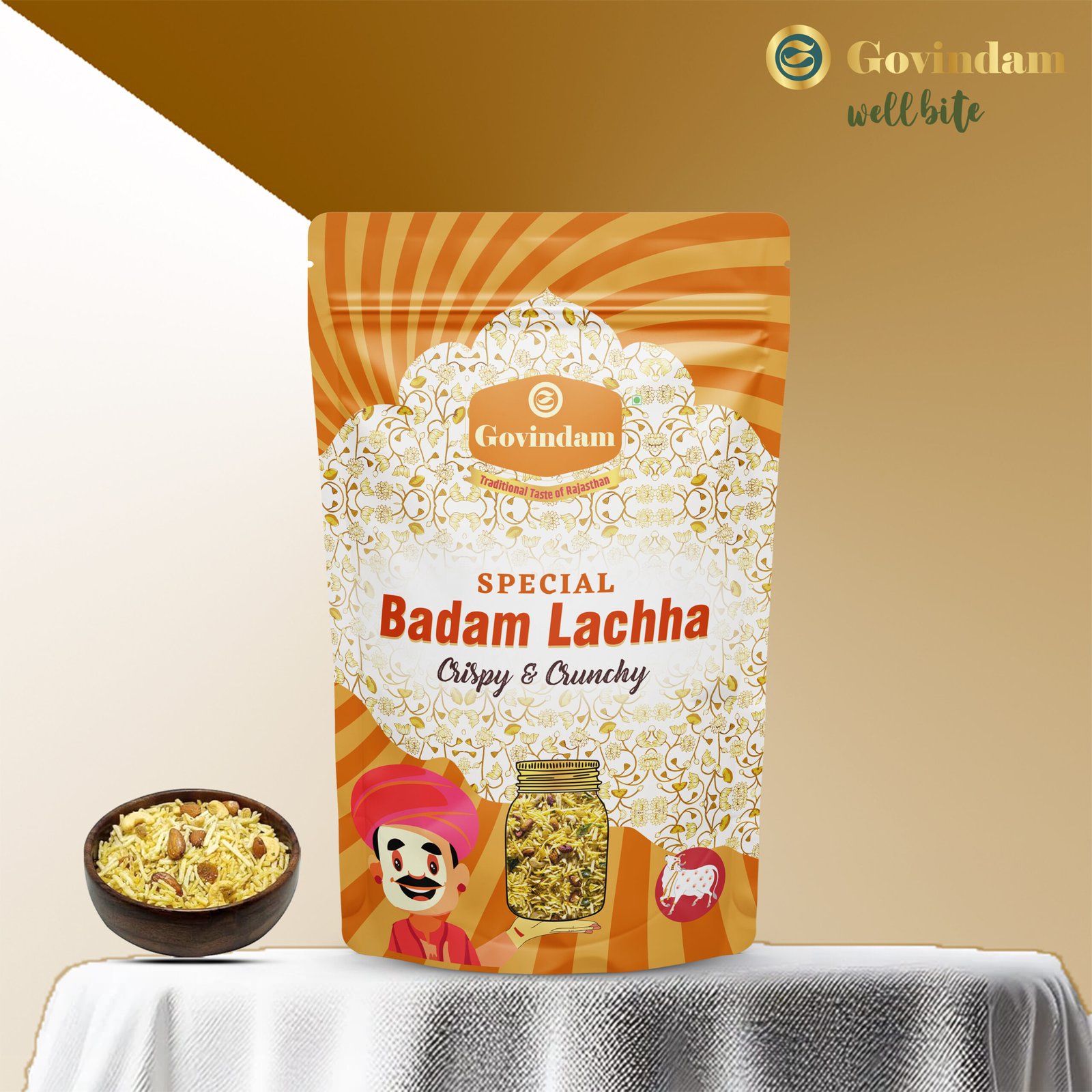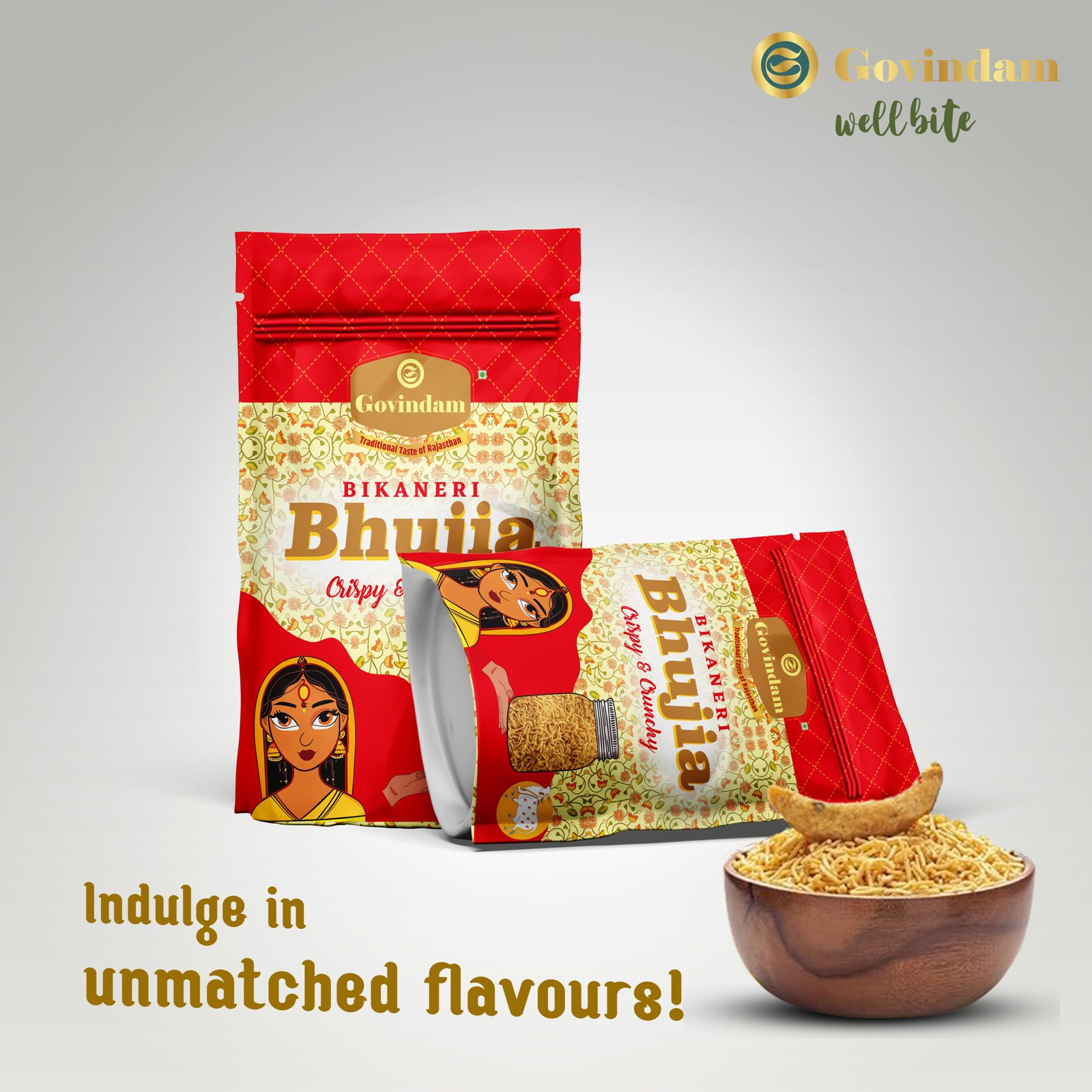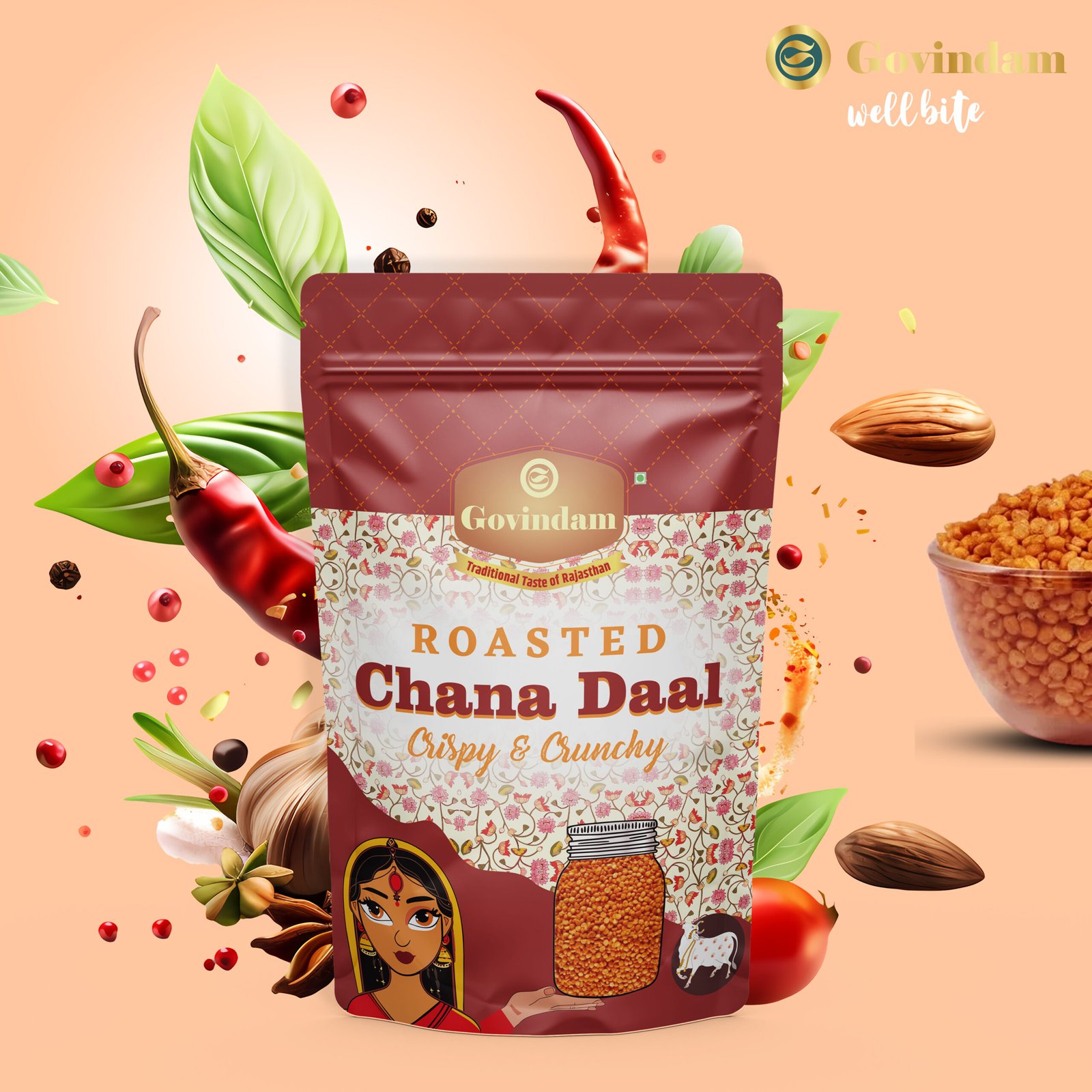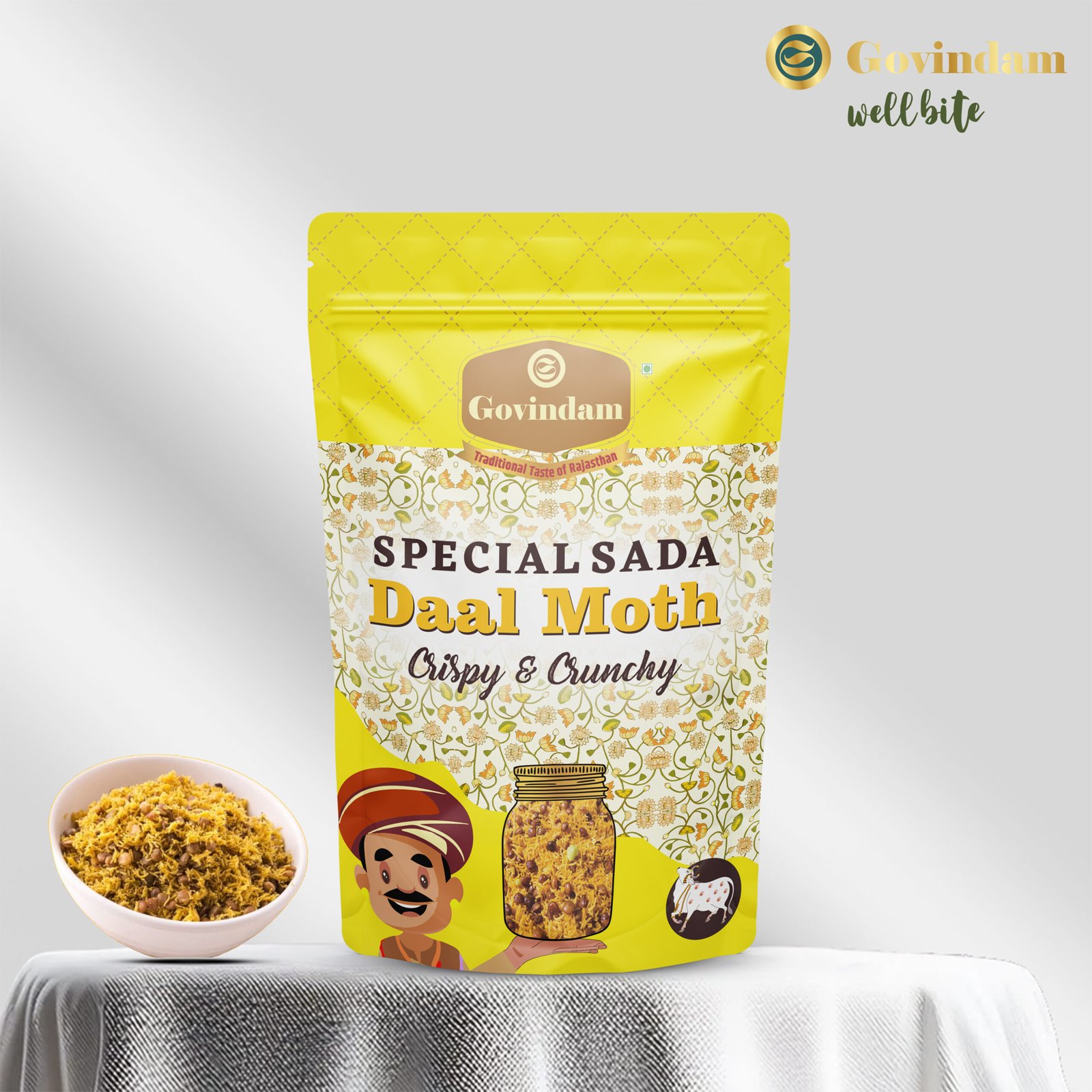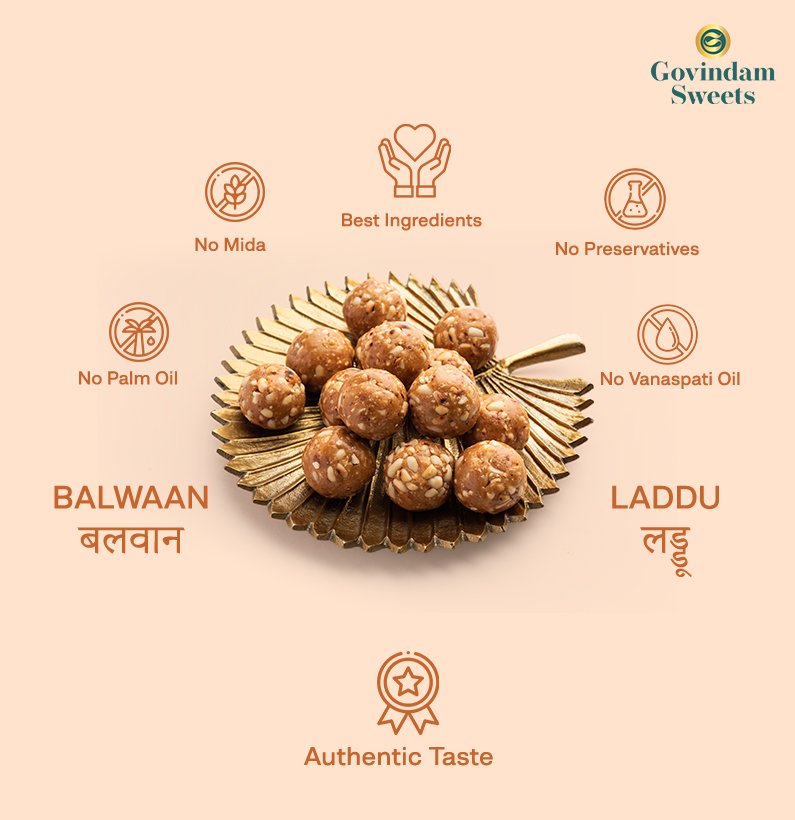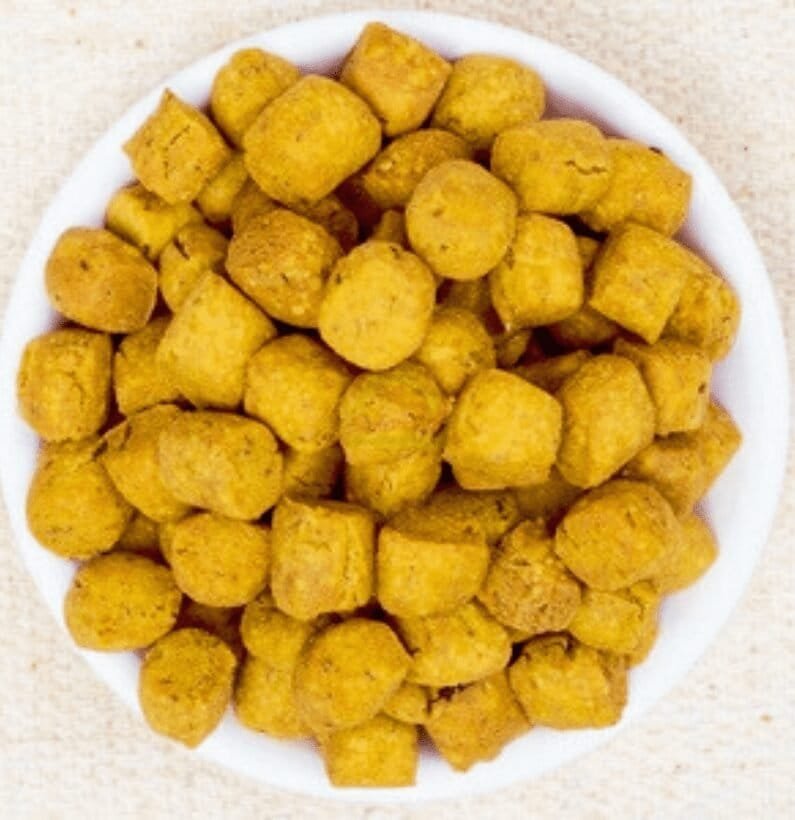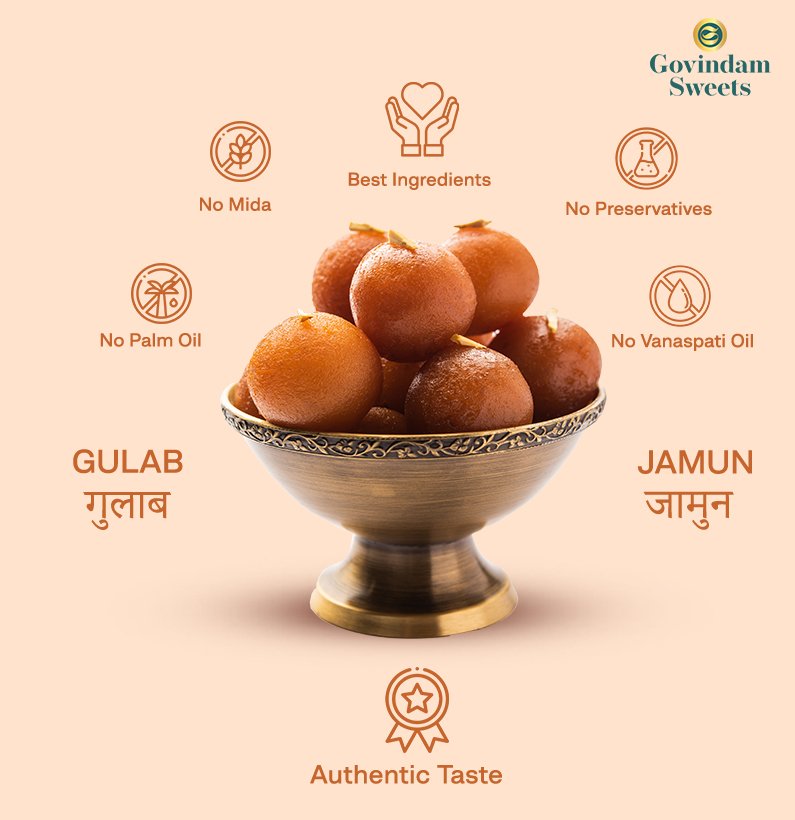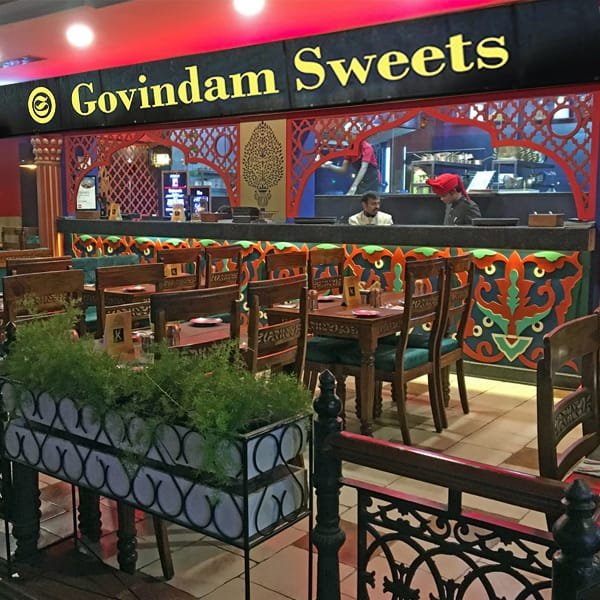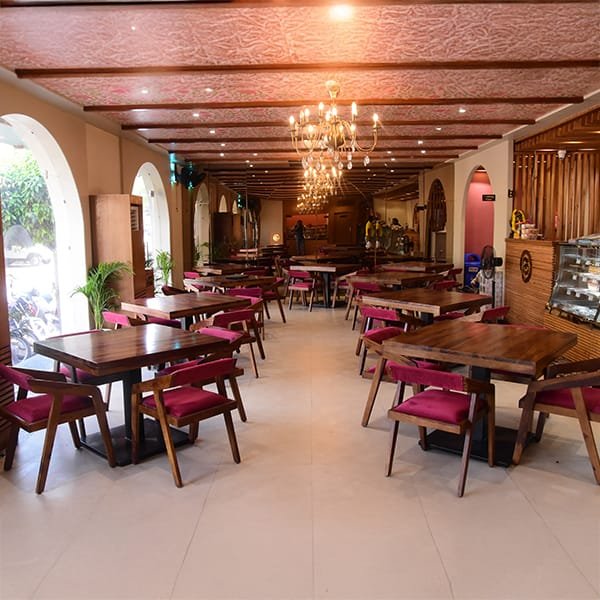
Posts
Balwan Vardan Laddu: Ancient Ayurvedic Sweets from Jaipur – The Ultimate Traditional Health Confection Guide

Explore Balwan Vardan Laddu: Ancient Ayurvedic Sweets from Jaipur featuring traditional Rajasthani confectionery, authentic balwan laddu preparation, premium vardan laddu techniques, ancient health wisdom, and comprehensive Ayurvedic benefits. Discover Pink City’s legendary medicinal sweets that combine taste pleasure with therapeutic properties through time-honored recipes and cultural heritage.
Table of Contents
- Ancient Origins of Jaipur’s Medicinal Sweets
- Understanding Balwan Laddu Traditional Preparation
- Vardan Laddu Sacred Sweet Heritage
- Ayurvedic Principles in Traditional Sweet Making
- Therapeutic Benefits and Health Properties
- Authentic Jaipur Preparation Methods
- Ingredient Selection and Quality Standards
- Royal Court Traditions and Cultural Significance
- Modern Preservation of Ancient Knowledge
- Frequently Asked Questions
Ancient Origins of Jaipur’s Medicinal Sweets
The Balwan Vardan Laddu: Ancient Ayurvedic Sweets from Jaipur represent a sophisticated fusion of culinary artistry and medicinal wisdom that evolved within the royal courts of Rajasthan, where court physicians and master sweet makers collaborated to create confections that provided both sensory pleasure and therapeutic benefits.
Balwan and Vardan Laddu: Ancient Ayurvedic Sweets from Jaipur trace their origins to the 18th century when Maharaja Sawai Jai Singh II established Jaipur as a center of learning, attracting renowned Ayurvedic practitioners who worked with royal confectioners to develop innovative preparations that combined traditional medicine with palatability.
The development of these medicinal sweets reflects the sophisticated understanding of nutrition, herbal medicine, and culinary science that characterized the Golden Age of Rajasthani culture, when the integration of health and pleasure in food preparation reached unprecedented levels of refinement and cultural significance.
Royal Court Medicine and Culinary Innovation
The royal courts of Jaipur fostered an environment where balwan laddu and vardan laddu development thrived through collaborative efforts between royal physicians, master confectioners, and herbalists who shared knowledge to create preparations that addressed specific health concerns while maintaining palatability.
Court records document systematic development of medicinal sweets designed to support royal health, enhance vitality, and provide nutritional supplementation during travel, warfare, and seasonal health challenges that required portable, shelf-stable, and effective therapeutic preparations.
The integration of Ayurvedic principles with traditional sweet making represented a significant advancement in preventive healthcare, creating accessible methods for delivering therapeutic compounds through enjoyable consumption that encouraged compliance and regular use.
Cultural Integration and Knowledge Transmission
The Balwan and Vardan Laddu: Ancient Ayurvedic Sweets from Jaipur became integral to Rajasthani culture through systematic knowledge transmission via royal court networks, family traditions, and guild systems that preserved preparation methods while adapting formulations for different health requirements.
Cultural integration involved training specialized confectioners in both culinary techniques and basic Ayurvedic principles, creating artisans capable of producing consistent therapeutic preparations while maintaining traditional quality standards and cultural authenticity.
Understanding cultural preservation helps appreciate how medicinal sweet making evolved from royal exclusivity to community knowledge, enabling broader access to therapeutic confections while maintaining preparation excellence and health efficacy through traditional knowledge systems.
Understanding Balwan Laddu Traditional Preparation
The balwan laddu represents one half of the Balwan and Vardan Laddu: Ancient Ayurvedic Sweets from Jaipur tradition, specifically formulated to enhance physical strength, improve stamina, and support overall vitality through carefully selected ingredients and traditional preparation methods that maximize therapeutic benefits.
Balwan laddu preparation involves understanding the synergistic relationships between different herbs, nutrients, and preparation techniques that create optimal bioavailability while maintaining palatability and shelf stability essential for effective therapeutic application throughout traditional Ayurvedic practice.
The formulation emphasizes strength-building ingredients including specific nuts, seeds, and herbs known for their ability to support muscle development, energy production, and overall physical resilience through traditional Ayurvedic understanding of nutrition and medicinal plant properties.
Strength-Building Ingredient Complex
Traditional balwan laddu formulations within Balwan and Vardan Laddu: Ancient Ayurvedic Sweets from Jaipur typically include almonds, cashews, dates, and specific herbs like ashwagandha, shatavari, and gokshura that work synergistically to support physical strength and endurance.
The ingredient selection reflects deep understanding of Ayurvedic nutrition principles, combining protein-rich nuts, natural sugars for sustained energy, and adaptogenic herbs that help the body manage physical stress while supporting recovery and strength building.
Traditional preparation methods emphasize proper ingredient processing, timing coordination, and quality control that ensures optimal extraction of beneficial compounds while creating palatable preparations that encourage regular consumption for maximum therapeutic benefit.
Ayurvedic Formulation Principles
Balwan laddu preparation follows classical Ayurvedic formulation principles including proper ingredient ratios, processing sequences, and combination methods that enhance bioavailability while minimizing potential adverse effects through traditional knowledge of herb-nutrient interactions.
The formulation process considers individual constitution types (doshas), seasonal variations, and specific health goals to create preparations that align with Ayurvedic principles while providing measurable health benefits through systematic therapeutic application.
Understanding formulation principles helps appreciate the sophisticated knowledge systems that created effective therapeutic preparations through empirical observation and systematic refinement over centuries of traditional medical practice and cultural development.
Traditional Processing and Quality Control
Authentic balwan laddu preparation requires understanding traditional processing methods including proper roasting techniques, grinding procedures, and binding methods that preserve therapeutic compounds while creating optimal texture and flavor characteristics.
Quality control involves understanding ingredient maturity, processing timing, and storage requirements that maintain therapeutic potency while ensuring product safety and palatability throughout preparation and consumption periods.
Traditional processing emphasizes gentle handling, appropriate temperature control, and timing precision that optimizes therapeutic value while creating consistent quality that meets both medicinal efficacy and culinary excellence standards.
Vardan Laddu Sacred Sweet Heritage
The vardan laddu complements the Balwan and Vardan Laddu: Ancient Ayurvedic Sweets from Jaipur tradition through formulations specifically designed to support mental clarity, spiritual well-being, and cognitive function through carefully selected ingredients that enhance meditation, learning, and overall mental health.
Vardan laddu preparation emphasizes ingredients known for their ability to support nervous system health, enhance memory, and promote mental clarity through traditional Ayurvedic understanding of brain nutrition and cognitive enhancement through natural therapeutic approaches.
The spiritual significance of vardan laddu extends beyond simple nutrition to encompass preparations used in religious observances, meditation practices, and spiritual development activities that require mental clarity and sustained concentration through traditional cultural practices.
Cognitive Enhancement Ingredient Profile
Traditional vardan laddu formulations typically include brain-supportive ingredients like brahmi, mandukaparni, shankhpushpi, and premium nuts that provide essential fatty acids and nutrients required for optimal cognitive function and mental clarity.
The ingredient selection reflects sophisticated understanding of neurological nutrition, combining traditional brain tonics with nutrient-dense foods that support neurotransmitter production, memory formation, and overall cognitive health through systematic therapeutic application.
Preparation methods emphasize techniques that preserve delicate therapeutic compounds while creating palatable preparations that encourage regular consumption for cumulative cognitive benefits through traditional Ayurvedic nutrition principles.
Spiritual and Cultural Significance
Vardan laddu holds particular significance in spiritual practices and religious observances within Balwan and Vardan Laddu: Ancient Ayurvedic Sweets from Jaipur tradition, often prepared for specific festivals, meditation retreats, and educational activities that require enhanced mental clarity.
Cultural traditions include offering vardan laddu during educational ceremonies, meditation practices, and spiritual observances that honor the connection between nutrition and consciousness development through traditional wisdom practices.
Understanding spiritual significance helps appreciate how medicinal sweets transcended simple nutrition to become integral elements of cultural practices that supported both physical health and spiritual development through traditional knowledge systems.
Traditional Formulation and Sacred Preparation
Sacred preparation methods for vardan laddu involve specific timing, purification practices, and intention setting that align with traditional beliefs about the relationship between consciousness and food preparation in therapeutic applications.
Traditional formulation considers lunar cycles, seasonal timing, and spiritual calendar observances that optimize therapeutic efficacy while honoring cultural traditions surrounding sacred food preparation and consumption practices.
Understanding sacred preparation helps appreciate how traditional knowledge systems integrated spiritual practices with therapeutic preparation to create comprehensive approaches to health that addressed both physical and mental well-being through cultural wisdom.
Ayurvedic Principles in Traditional Sweet Making
The Balwan and Vardan Laddu: Ancient Ayurvedic Sweets from Jaipur exemplify sophisticated application of Ayurvedic principles in food preparation, demonstrating how traditional medicine can be integrated with culinary arts to create therapeutic preparations that support health while providing sensory satisfaction.
Ayurvedic sweet making involves understanding the energetic properties of ingredients, their effects on different constitutional types, and optimal combination methods that enhance therapeutic benefits while maintaining palatability and digestive compatibility.
The integration of Ayurvedic principles with traditional confectionery represents a sophisticated understanding of nutrition as medicine, creating accessible methods for delivering therapeutic benefits through enjoyable consumption that encourages compliance and regular use.
Constitutional Considerations and Personalization
Traditional Ayurvedic sweet making recognizes individual constitutional differences (vata, pitta, kapha) and creates formulations that can be adapted to support different metabolic types while providing universal health benefits through balanced ingredient selection.
Balwan laddu formulations may be adjusted for different constitutional needs, with variations in spice content, sweetener selection, and additional herbs that optimize therapeutic benefits for individual health requirements and metabolic characteristics.
Vardan laddu preparations similarly accommodate constitutional variations through ingredient modifications that enhance cognitive benefits while maintaining digestive compatibility and overall health support for different individual needs and health goals.
Seasonal Adaptation and Environmental Harmony
Ayurvedic principles emphasize seasonal adaptation in medicinal food preparation, with Balwan and Vardan Laddu: Ancient Ayurvedic Sweets from Jaipur formulations adjusted to support health during different environmental conditions and seasonal challenges.
Summer preparations might emphasize cooling ingredients and lighter formulations, while winter versions incorporate warming spices and more substantial ingredients that support the body’s adaptation to environmental changes and seasonal health requirements.
Understanding seasonal principles helps optimize therapeutic benefits while maintaining environmental harmony that supports overall health through alignment with natural cycles and environmental conditions that affect human physiology and well-being.
Synergistic Ingredient Combinations
Traditional Ayurvedic sweet making emphasizes understanding how different ingredients work together to create synergistic effects that enhance therapeutic benefits beyond individual component contributions through sophisticated combination principles.
Ingredient synergy involves understanding how herbs, nuts, and spices interact to enhance bioavailability, reduce potential side effects, and create comprehensive therapeutic effects that address multiple aspects of health through systematic combination approaches.
Understanding synergy principles helps appreciate the sophisticated knowledge systems that created effective therapeutic preparations through empirical observation and systematic refinement over centuries of traditional medical practice and cultural development.
Therapeutic Benefits and Health Properties
The Balwan and Vardan Laddu: Ancient Ayurvedic Sweets from Jaipur provide documented therapeutic benefits that align with traditional Ayurvedic understanding while offering measurable health advantages that support modern wellness goals through natural therapeutic approaches.
Physical Health Benefits from Balwan Laddu
Balwan laddu provides comprehensive physical health support through ingredient combinations that enhance strength, improve stamina, support immune function, and promote overall vitality through traditional Ayurvedic nutrition principles and modern nutritional understanding.
Strength-building benefits include enhanced muscle development, improved energy metabolism, better exercise recovery, and increased physical resilience through nutrients and herbs that support protein synthesis and energy production at cellular levels.
Immune system support involves antioxidant compounds, adaptogenic herbs, and essential nutrients that enhance the body’s natural defense mechanisms while supporting overall health and resistance to environmental stressors and seasonal health challenges.
Cognitive and Mental Health Benefits from Vardan Laddu
Vardan laddu offers specific cognitive health benefits including improved memory function, enhanced concentration, reduced mental fatigue, and better stress management through ingredients known for their neurological support properties.
Memory enhancement involves compounds that support neurotransmitter production, improve blood flow to the brain, and provide essential nutrients required for optimal cognitive function and mental clarity through traditional brain nutrition approaches.
Stress management benefits include adaptogenic herbs that help regulate stress hormone production while supporting mental resilience and emotional balance through traditional approaches to mental health and cognitive well-being.
Nutritional and Metabolic Advantages
Both preparations within Balwan and Vardan Laddu: Ancient Ayurvedic Sweets from Jaipur provide balanced nutrition that supports healthy metabolism, stable blood sugar levels, and optimal nutrient absorption through traditional understanding of nutritional balance.
Metabolic benefits include sustained energy release, improved digestion, enhanced nutrient utilization, and better metabolic flexibility through ingredients that support healthy metabolic function and energy production.
Nutritional advantages involve high-quality proteins, healthy fats, complex carbohydrates, and essential micronutrients that support overall health while providing therapeutic benefits through comprehensive nutritional support.
Authentic Jaipur Preparation Methods
Traditional Jaipur preparation methods for Balwan and Vardan Laddu: Ancient Ayurvedic Sweets from Jaipur involve specialized techniques, equipment, and timing that preserve therapeutic properties while creating optimal texture, flavor, and shelf stability through generations of refined practice.
Traditional Equipment and Processing Techniques
Authentic preparation utilizes traditional grinding methods, specific cooking vessels, and processing techniques that preserve delicate therapeutic compounds while creating optimal texture and bioavailability through traditional knowledge of food processing science.
Traditional grinding methods involve stone grinding or manual processing that prevents heat buildup that could damage temperature-sensitive therapeutic compounds while creating optimal particle size for maximum bioavailability and digestive compatibility.
Cooking techniques emphasize gentle heat application, appropriate timing, and temperature control that preserves nutritional value while creating proper binding and texture characteristics essential for authentic preparation and therapeutic efficacy.
Quality Control and Standardization
Traditional quality control involves understanding ingredient maturity, processing indicators, and finished product characteristics that ensure consistent therapeutic potency while maintaining palatability and safety standards through traditional knowledge systems.
Standardization methods include visual assessment, texture evaluation, and taste testing that ensures each batch meets traditional quality standards while providing consistent therapeutic benefits through systematic quality maintenance.
Quality maintenance involves proper storage, handling, and distribution methods that preserve therapeutic properties while ensuring product safety and efficacy throughout preparation and consumption periods.
Timing and Environmental Considerations
Traditional preparation emphasizes optimal timing that considers seasonal factors, lunar cycles, and environmental conditions that influence ingredient quality and therapeutic potency through traditional understanding of natural cycles and food preparation.
Environmental considerations include humidity control, temperature management, and atmospheric conditions that affect processing outcomes while optimizing therapeutic compound preservation and product quality through traditional preparation wisdom.
Understanding timing principles helps ensure optimal therapeutic benefits while maintaining traditional preparation standards that honor cultural heritage and therapeutic efficacy through systematic attention to environmental factors.
Ingredient Selection and Quality Standards
The therapeutic efficacy of Balwan and Vardan Laddu: Ancient Ayurvedic Sweets from Jaipur depends heavily on ingredient quality, sourcing standards, and selection criteria that ensure optimal therapeutic potency while maintaining authenticity and cultural tradition.
Premium Ingredient Sourcing and Authentication
Authentic preparation requires sourcing ingredients from specific regions known for superior quality, with particular attention to herb potency, nut freshness, and organic certification that ensures therapeutic efficacy while avoiding contamination and adulteration.
Balwan laddu ingredients must meet specific quality criteria including proper maturity, correct processing, and authentic sourcing that ensures therapeutic compounds remain at optimal levels while maintaining traditional preparation standards and cultural authenticity.
Vardan laddu formulations require especially careful herb selection, with brain-supportive botanicals sourced from regions and suppliers known for consistent potency and purity essential for cognitive health benefits and therapeutic reliability.
Traditional Quality Assessment Methods
Traditional quality assessment involves sensory evaluation, visual inspection, and traditional testing methods that ensure ingredient authenticity while verifying therapeutic potency through empirical observation and traditional knowledge systems.
Quality indicators include specific color characteristics, aromatic properties, texture qualities, and taste profiles that indicate proper maturity and processing while ensuring therapeutic compounds remain at optimal levels for maximum health benefits.
Understanding traditional assessment helps ensure ingredient quality while maintaining cultural authenticity and therapeutic efficacy through proven evaluation methods that have ensured quality for generations of traditional preparation.
Seasonal Considerations and Optimal Harvesting
Ingredient quality varies seasonally, with optimal harvesting times for different herbs, nuts, and other components that maximize therapeutic potency while ensuring freshness and quality throughout Balwan and Vardan Laddu: Ancient Ayurvedic Sweets from Jaipur preparation.
Seasonal timing affects herb potency, nut quality, and overall ingredient characteristics that influence therapeutic benefits while requiring adjusted preparation methods that accommodate natural variation and optimize health outcomes.
Understanding seasonal factors helps optimize ingredient selection while ensuring consistent therapeutic benefits through strategic sourcing and preparation timing that aligns with natural cycles and ingredient characteristics.
Royal Court Traditions and Cultural Significance
The Balwan and Vardan Laddu: Ancient Ayurvedic Sweets from Jaipur carry deep cultural significance rooted in royal court traditions, representing the sophisticated integration of medicine and cuisine that characterized the Golden Age of Rajasthani culture and continues to influence contemporary health practices.
Historical Royal Patronage and Development
Royal court patronage provided resources and motivation for developing sophisticated medicinal sweets that addressed the health needs of royal families while creating cultural practices that influenced broader society through royal example and cultural transmission.
Court physicians worked closely with master confectioners to create preparations that addressed specific royal health concerns while maintaining palatability and cultural appropriateness for court consumption and ceremonial use throughout royal cultural practices.
The royal connection elevated medicinal sweet making from simple folk medicine to sophisticated cultural practice that integrated health, pleasure, and social status through refined preparation methods and cultural significance.
Cultural Ceremonies and Traditional Usage
Traditional ceremonies incorporating Balwan and Vardan Laddu: Ancient Ayurvedic Sweets from Jaipur include coronations, festivals, educational milestones, and health celebrations that honor the connection between nutrition and cultural achievement through traditional cultural practices.
Cultural usage patterns include offering these sweets during important life transitions, educational achievements, and health recovery celebrations that recognize their role in supporting human potential and community well-being through traditional wisdom.
Understanding ceremonial significance helps appreciate how medicinal sweets transcended simple nutrition to become integral elements of cultural practices that supported both individual health and community values through traditional knowledge systems.
Contemporary Cultural Preservation
Modern efforts to preserve Balwan and Vardan Laddu: Ancient Ayurvedic Sweets from Jaipur traditions include documentation projects, cultural education programs, and artisan training initiatives that maintain traditional knowledge while adapting to contemporary health interests.
Cultural preservation involves maintaining traditional preparation methods while educating new generations about the sophisticated knowledge systems that created effective therapeutic preparations through centuries of empirical observation and cultural development.
Understanding preservation importance helps appreciate how traditional knowledge contributes to contemporary health while maintaining cultural heritage and traditional wisdom that continues to provide valuable health insights and cultural continuity.
Modern Preservation of Ancient Knowledge
Contemporary efforts to preserve and adapt Balwan and Vardan Laddu: Ancient Ayurvedic Sweets from Jaipur involve systematic documentation, scientific validation, and cultural education that ensures traditional knowledge remains accessible while meeting modern quality and safety standards.
Scientific Research and Validation
Modern research investigates the therapeutic claims of traditional medicinal sweets through systematic study of ingredient properties, bioactive compounds, and health outcomes that validate traditional knowledge while providing scientific support for therapeutic benefits.
Research findings often confirm traditional understanding while providing mechanistic explanations for therapeutic effects, creating bridges between traditional wisdom and contemporary health science that enhance credibility and application.
Scientific validation helps integrate traditional knowledge with modern healthcare while ensuring that therapeutic claims are supported by evidence-based research that meets contemporary standards for health product evaluation and consumer protection.
Quality Standardization and Safety Protocols
Modern preparation incorporates quality control systems, safety protocols, and standardization methods that ensure consistent therapeutic potency while maintaining traditional preparation principles and cultural authenticity throughout production processes.
Safety protocols include contamination prevention, allergen management, and shelf stability testing that ensures product safety while preserving therapeutic efficacy through systematic quality management and consumer protection measures.
Standardization efforts balance traditional preparation flexibility with consistent quality requirements that enable broader distribution while maintaining therapeutic benefits and cultural authenticity through systematic quality control.
Educational and Cultural Transmission
Contemporary education programs teach traditional medicinal sweet making through formal courses, apprenticeship programs, and cultural workshops that preserve knowledge while adapting teaching methods for modern learning preferences and lifestyle requirements.
Cultural transmission involves documenting traditional knowledge, training new practitioners, and creating educational resources that ensure traditional wisdom remains accessible while maintaining cultural authenticity and therapeutic efficacy.
Understanding educational importance helps ensure that traditional knowledge continues to benefit contemporary health while maintaining cultural heritage and traditional wisdom that represents centuries of empirical observation and cultural development.
Traditional accompaniments that enhance the Ayurvedic experience include premium malai ghevar preparations, delicate phool kali selections, aromatic rose laddu varieties, classic orange barfi offerings, traditional kesar angoori petha, savory pyaz kachori options, festive gujiya with chashni, and traditional motichur laddu collections, all prepared with pure desi ghee for authentic flavor enhancement.
Frequently Asked Questions
Q1: What are the specific health benefits of Balwan and Vardan Laddu from Jaipur? Balwan and Vardan Laddu: Ancient Ayurvedic Sweets from Jaipur provide distinct therapeutic benefits. Balwan laddu supports physical strength, muscle development, energy metabolism, immune function, and stamina through ingredients like ashwagandha, almonds, and dates. Vardan laddu enhances cognitive function, memory, concentration, mental clarity, and stress management through brain-supportive herbs like brahmi and shankhpushpi, creating comprehensive health support.
Q2: How do these ancient Ayurvedic sweets differ from regular commercial laddu? These ancient preparations differ significantly through therapeutic ingredient formulations, traditional Ayurvedic principles, specific health targets, quality sourcing standards, authentic preparation methods, and cultural significance. Commercial laddu focuses primarily on taste, while Balwan and Vardan Laddu: Ancient Ayurvedic Sweets from Jaipur integrate medicinal herbs, follow constitutional considerations, and provide measurable health benefits through traditional wisdom and systematic formulation.
Q3: Can these traditional sweets be safely consumed daily for health benefits? Daily consumption is generally safe when following traditional dosage guidelines (typically 1-2 pieces daily), but individual constitutional considerations, health conditions, and specific formulations may require adjustment. Balwan laddu suits most constitutions for strength support, while vardan laddu provides cognitive benefits for regular users. Consultation with qualified Ayurvedic practitioners helps optimize dosage for individual health goals and constitutional needs.
Q4: What makes the Jaipur preparation methods special compared to other regions? Jaipur methods reflect royal court traditions, sophisticated ingredient sourcing, traditional processing techniques, cultural heritage preservation, and systematic quality standards developed through centuries of royal patronage. The Pink City’s preparation emphasizes therapeutic potency, cultural authenticity, specific timing protocols, environmental considerations, and traditional equipment usage that creates superior therapeutic efficacy compared to simplified commercial preparations.
Q5: Where can authentic Balwan and Vardan Laddu be obtained outside Jaipur? Authentic sources include established traditional sweet makers with documented heritage, certified Ayurvedic practitioners, specialty health food stores carrying traditional preparations, online vendors specializing in authentic Ayurvedic products, and cultural centers maintaining traditional knowledge. Verification involves checking ingredient authenticity, preparation methods, cultural heritage claims, and therapeutic potency through reputable sources and traditional knowledge validation.
Q6: How should these medicinal sweets be stored to maintain therapeutic properties? Optimal storage requires cool, dry conditions away from direct sunlight, airtight containers preventing moisture absorption, temperature control (below 25°C preferred), protection from humidity and contaminants, and consumption within 2-3 months for maximum potency. Traditional storage methods include breathable containers, natural preservation techniques, and environmental protection that maintains therapeutic compounds while ensuring safety and efficacy throughout storage periods.
Q7: Are there any contraindications or precautions for consuming these Ayurvedic sweets? Precautions include diabetes management (due to natural sugars), nut allergies (common ingredients), pregnancy/lactation consultation with practitioners, medication interactions (especially with herbs), digestive sensitivity (rich ingredients), and individual constitutional suitability. Balwan and Vardan Laddu: Ancient Ayurvedic Sweets from Jaipur generally suit most individuals, but qualified Ayurvedic consultation ensures optimal safety and therapeutic benefit based on individual health profiles and constitutional requirements.
The Balwan and Vardan Laddu: Ancient Ayurvedic Sweets from Jaipur represent a remarkable synthesis of culinary artistry and medicinal wisdom that continues to provide valuable health benefits while preserving the sophisticated traditional knowledge systems that created these therapeutic treasures of Rajasthani culture.

